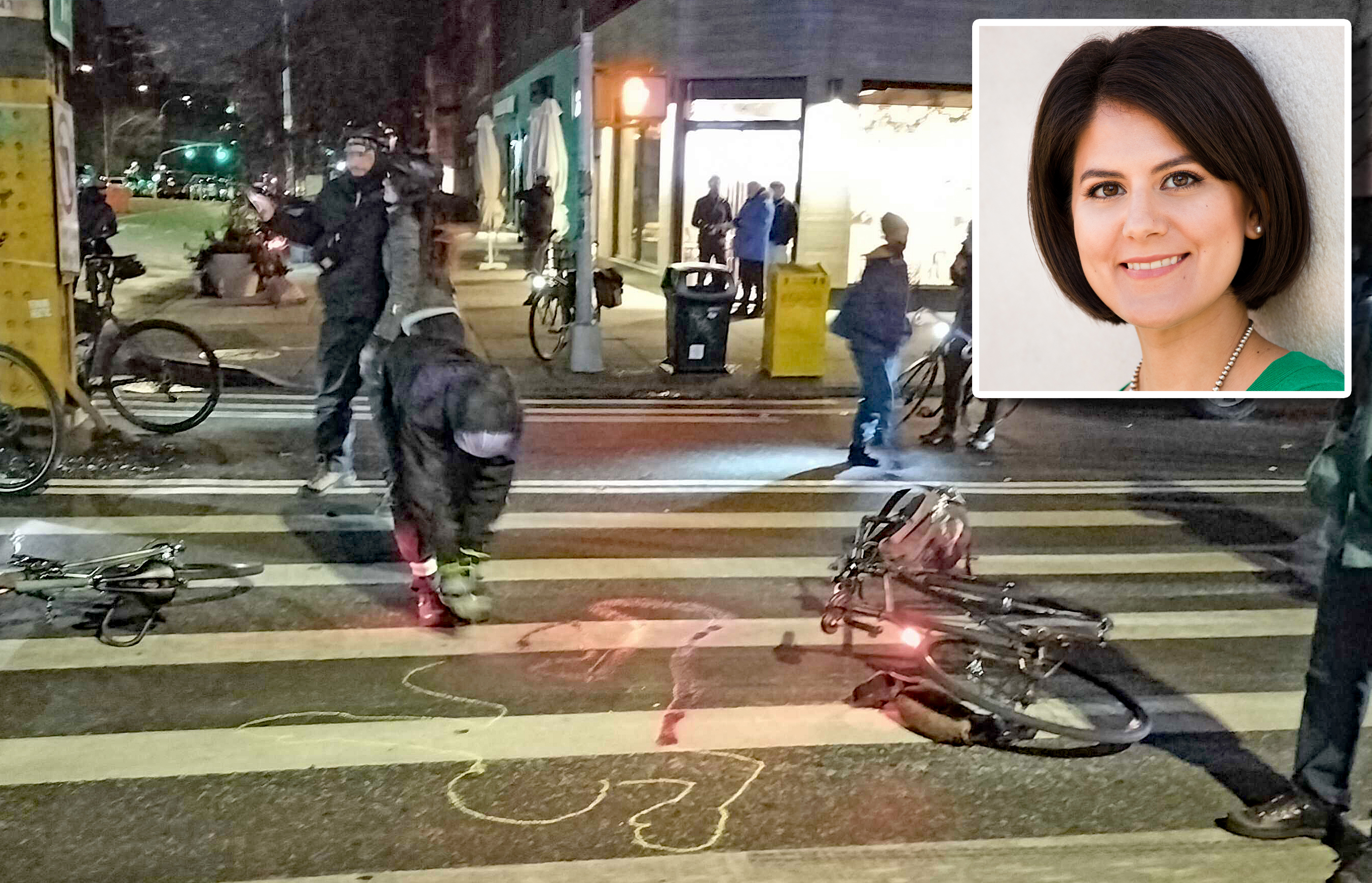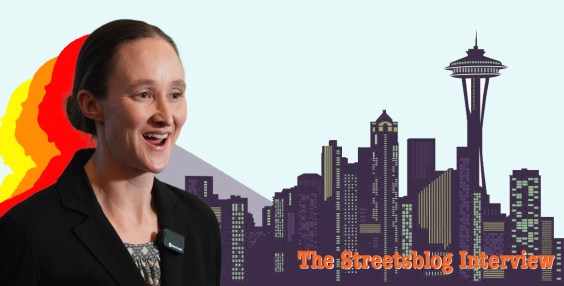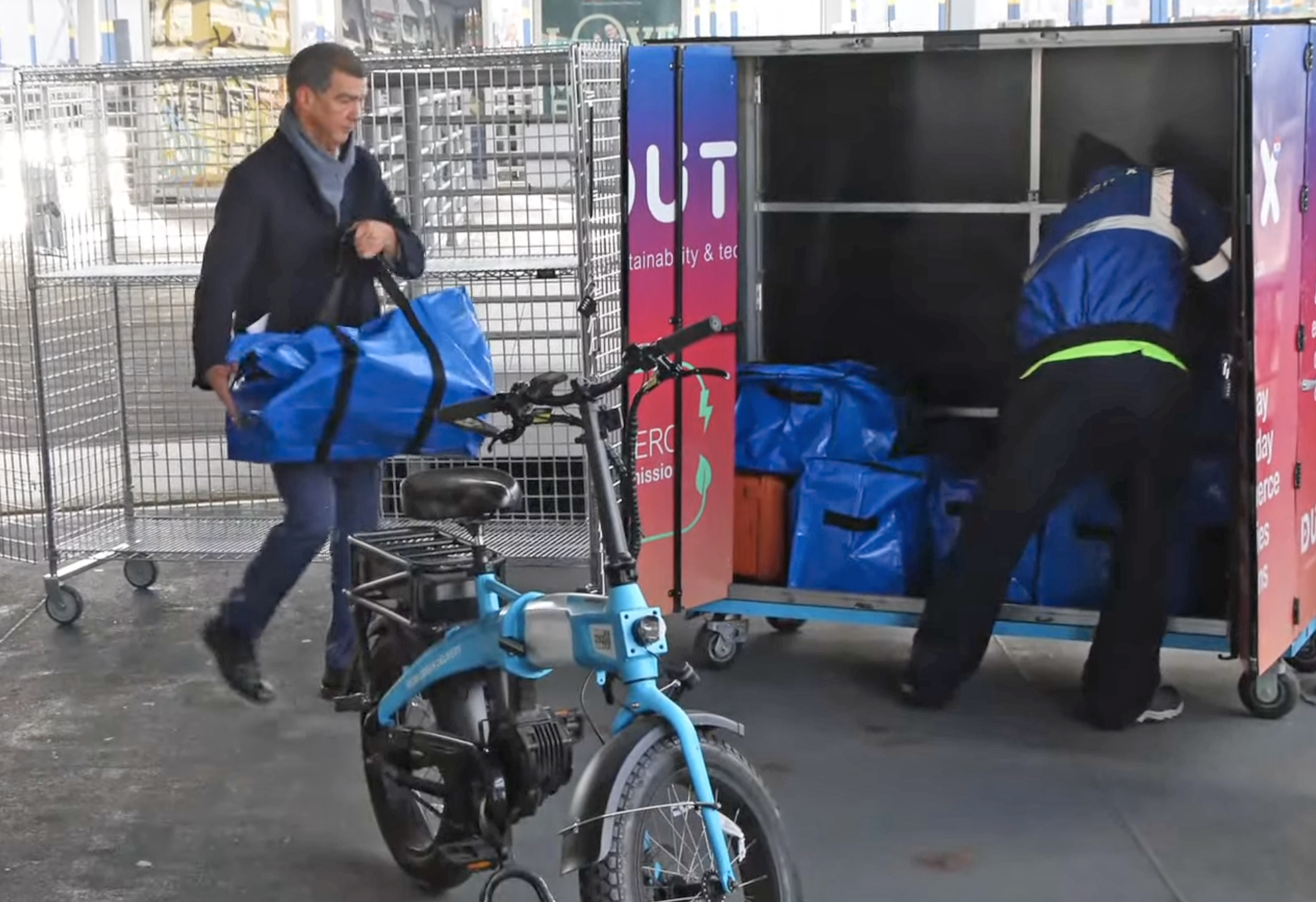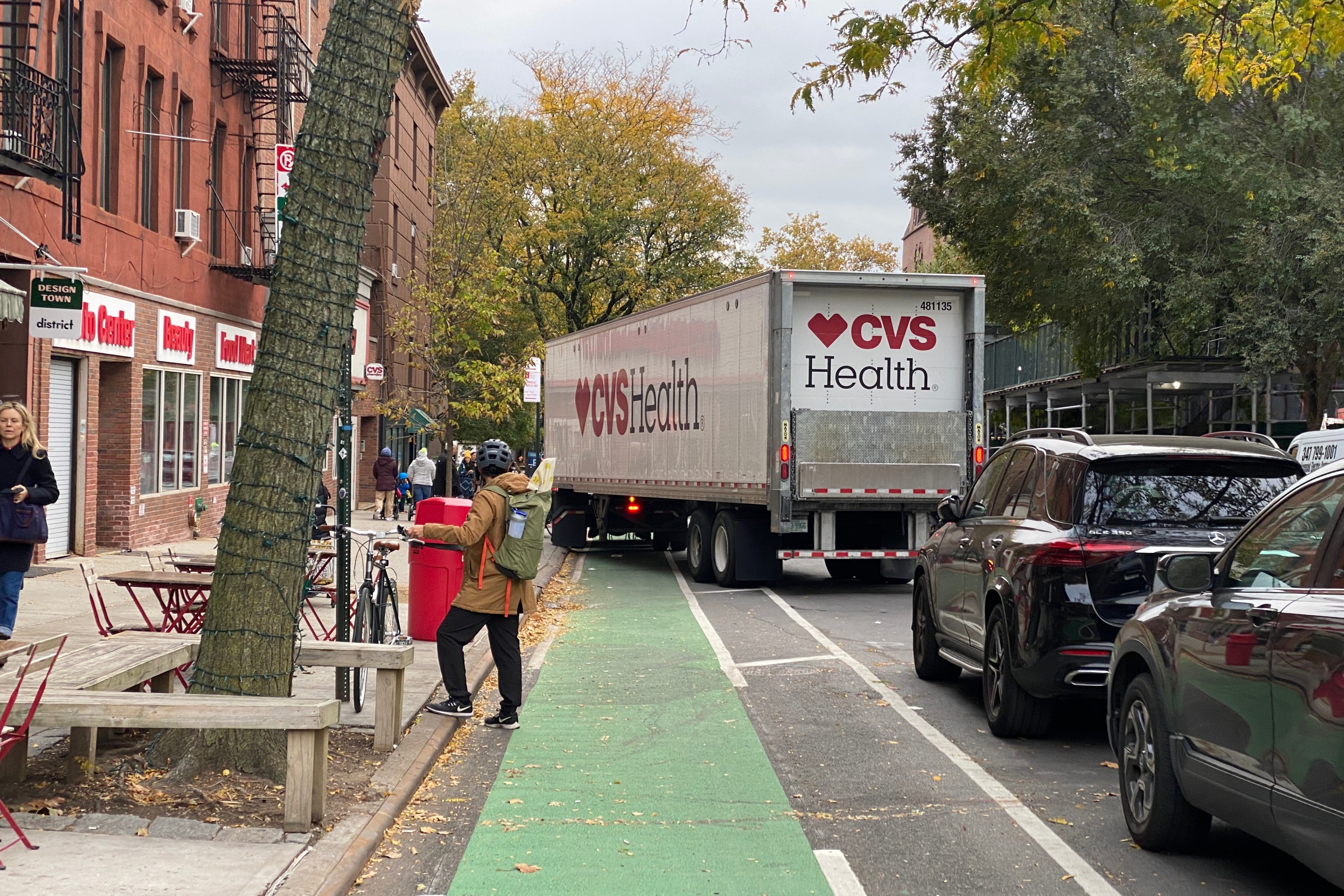Any moment now, Governor Andrew Cuomo is expected to announce that Joe Lhota, the former budget director and deputy mayor for Rudy Giuliani, will be the next chairman of the MTA. There will be a press conference and press releases -- a singular opportunity for Cuomo and Lhota to put forward their vision for the transit agency.

Top transit leaders are urging Lhota to use his first day in the spotlight to vocally make the case for a strong, well-funded transit authority. Ignore the advice to "do more with less," wrote Gene Russianoff of the Straphangers Campaign in a pitch-perfect op-ed, urging the incoming MTA chair to advocate for new revenues in the form of congestion pricing. Richard Ravitch, the former MTA chair widely credited with saving the transit system in the early 1980s, said the new chair should push for bridge tolls.
Two years ago, Jay Walder arrived at the MTA emphasizing the importance of investing in the transit system. “We must have a long-term financial solution for the MTA,” Walder said when nominated, calling for a fully funded capital plan. “It’s critically important to have a capital program.” Today, the MTA's fiscal situation is even more dire. But so far Cuomo has given no indication that he intends to address the problem, identifying no new revenues to invest in the maintenance and expansion of the system. As a result, the MTA is taking on billions of dollars in debt, which riders will be paying off for decades in the form of higher fares.
When he was nominated, Walder brought much more to the table than a call for new revenues. A highly-respected transit official with a long resume at Transport for London and New York City Transit, Walder came to the job with a clear plan to improve the system in cost-effective ways. The day he was nominated, Walder said he wanted to upgrade from the MetroCard payment system to cost-saving smart card technology. Soon after taking the reins, Walder had developed a full-fledged platform for his time at the helm of the MTA.
From day one, Walder made it a priority to improve bus service, install countdown clocks, and modernize the agency's open data policies -- all low-cost improvements to the system. In some cases he was building on programs set in motion by his predecessors, and in other cases (especially the open data initiative) he was charting a new course. The common thread: He identified what could be done quickly and made tangible progress on those initiatives, bringing a measure of credibility to an agency that's often used as a punching bag by politicians and the local press.
What will Joe Lhota say on his first day? If nominated, he won't bring the experience that transit professionals like Walder and Lee Sander relied on to advance cost-effective system improvements. Lhota's resume shows a much more worrisome engagement with transit. While he served as Giuliani's budget director and deputy mayor, city support for the MTA decreased significantly, according to a report by the Fiscal Policy Institute. While city contributions made up 14 percent of the 1992-1996 capital program, by the year 2000 the city was only paying for two percent of the capital program.
With Walder and Sander in the top spot, subway and bus riders benefited from four years of intelligent MTA governance aimed at improving their experience. Will Governor Cuomo and his MTA chief continue that record?





